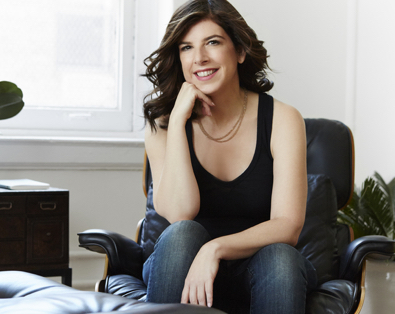I’m writing a memoir about learning how to love. It stretches over the period of many decades. As I got older, the meaning of love changed. I sought for love in the approval from my mother, in my relationships with men, in searching for myself around the world, in sex, in spiritual communities.
As I got older, it became more and more apparent that love doesn’t come from outside of me and, as I learned to love myself, the need for love from another lessened drastically.
I hung out with a crew of friends in Southern California and it was common for us to hang up the phone or hug each other goodbye and say, “I love you” when we did. At times I wondered if we said it so much because of insecurity—an egoist expression to prove how capable we were of being nice and loving.
It begs the question, what do these three words mean, “I and love and you” and how do we use them? Or not use them? And when do we use them appropriately?
Margaret Atwood in one of her books said, “The Eskimos have 52 names for snow because it was important to them. There ought to be as many for love…”
I love this because we don’t have any other words other than “love” that describes the many ways we can feel for another: Familial love. Friendship love. Romantic love. Plutonic love. Lustful love. Falling in love. Love after a lifetime together . . .
Sometimes I wish there were more words in English to express various different expressions of love and then I wonder if it’s a trick to see how truly connected we are to our hearts.
Maybe it is ONE thing, after all?
I know people who find it hard to say, “I love you” and I’ve wondered what they’re waiting for. If the day will ever come when they feel enough love to intimately share it with another. For them, the only use of those three words are when they feel “in love” within a reasonable span of dating someone.
Ah, we sure have learned rules with love… But love ultimately isn’t defined, boxed in, rigid, and organized, is it?
The question is, what is love? And how do we define it?
In Buddhist metta meditations, we start by invoking the being that is easiest to love. And then spread that love by sending it to our closest friends and family members. Then to a neutral person like the bagger at the check-out line or the postman. Then to a teacher or mentor. Then to a difficult person. Then spreading it out across our town, our state, our country and the whole world. We end the meditation with sending love to ourselves.
That’s at least 25 different kinds of loves!
Sometimes it’s a well wish for another. Sometimes it’s light that shines from the center of our chest. Sometimes it’s a prayer for good health. Sometimes it’s a feeling of being in love and happily ever after. Sometimes it’s a wishful desire for the planet to be healthier.
We learn how to define love by our first relationships with our parents.
If those relationships were enmeshed, the way we express our love might come from neediness or a pushing away in order to get some breathing space. If cut off, love may not be easy to express at all, locked up tightly in the prison of our hearts. And if secure, then love might be balanced and without fear, freely coming and going with ease and surrender.
And that begs another question: Why are we so afraid of love? Or expressing our loving? Is it rejection and abandonment we fear? Hurt and loss? Being engulfed? Or separated? A sense of responsibility?
I’m not so sure.
I think love—true love, open, abandoned, free love is scarier than fear.
Because then everything is all right in our world.
We are whole. And there’s nothing else we need to do to be better or enough or loveable or worthy. We exist in joy. And are at peace without worry.
Because love doesn’t exist in our minds—it exists somewhere else. We can’t love from our head. And that’s where most of us like to live.
So today’s message is something to ponder: A meditation of sorts.
What does LOVE mean to you? What’s your own individual relationship with it? How might you express it less—or more? And what is it here to teach you?
Wishing you love in whatever way is most meaningful to you!


